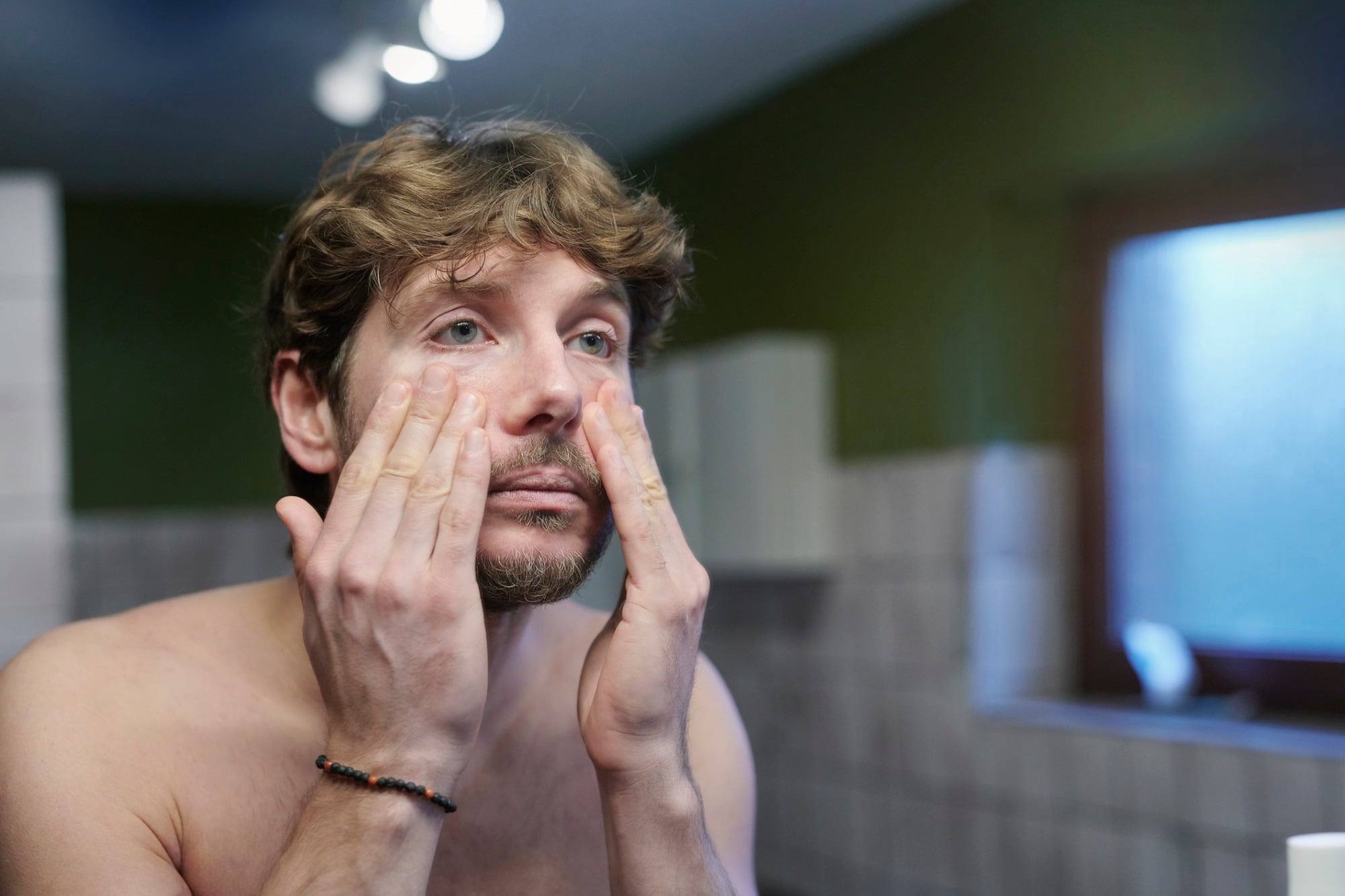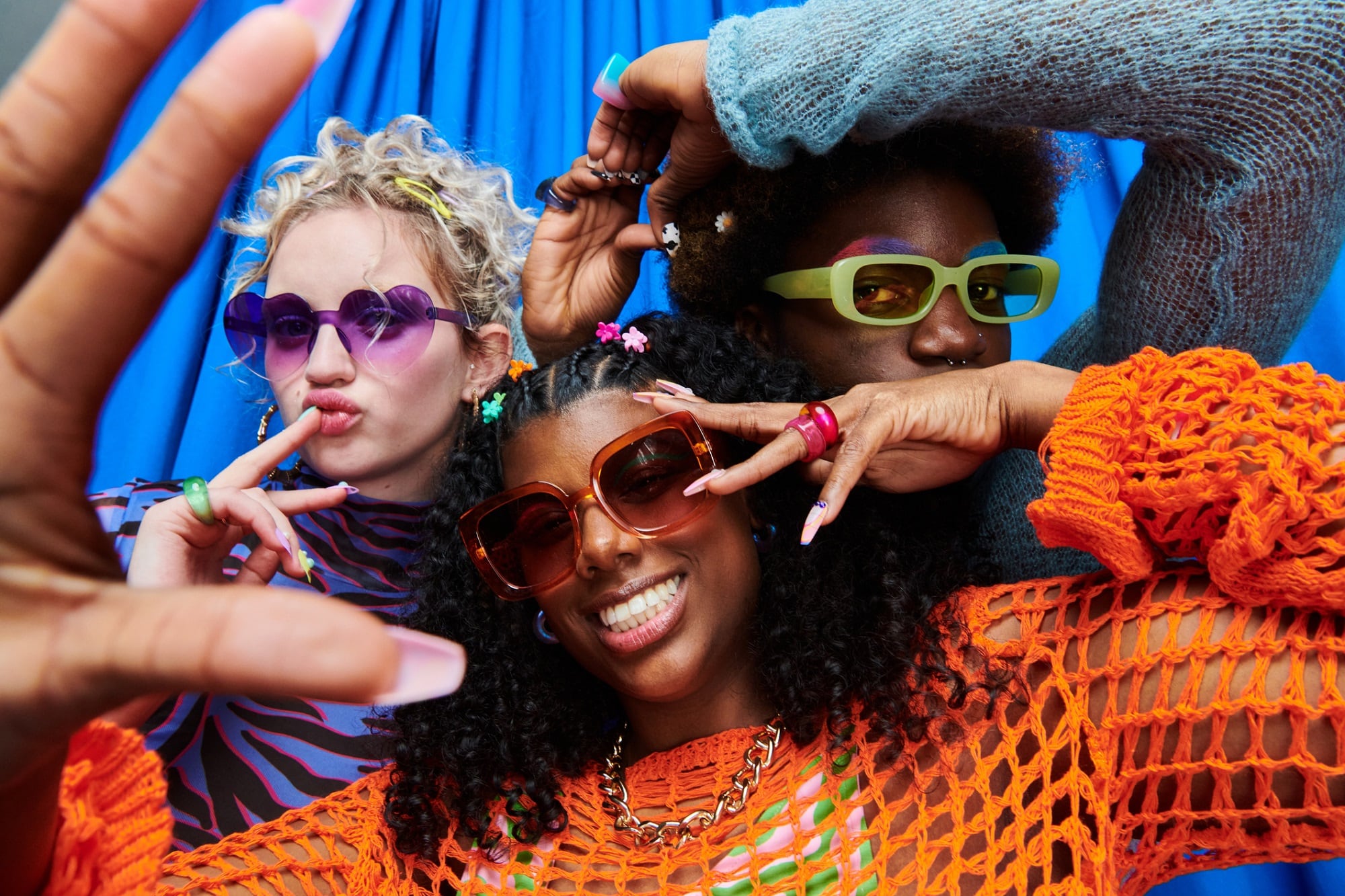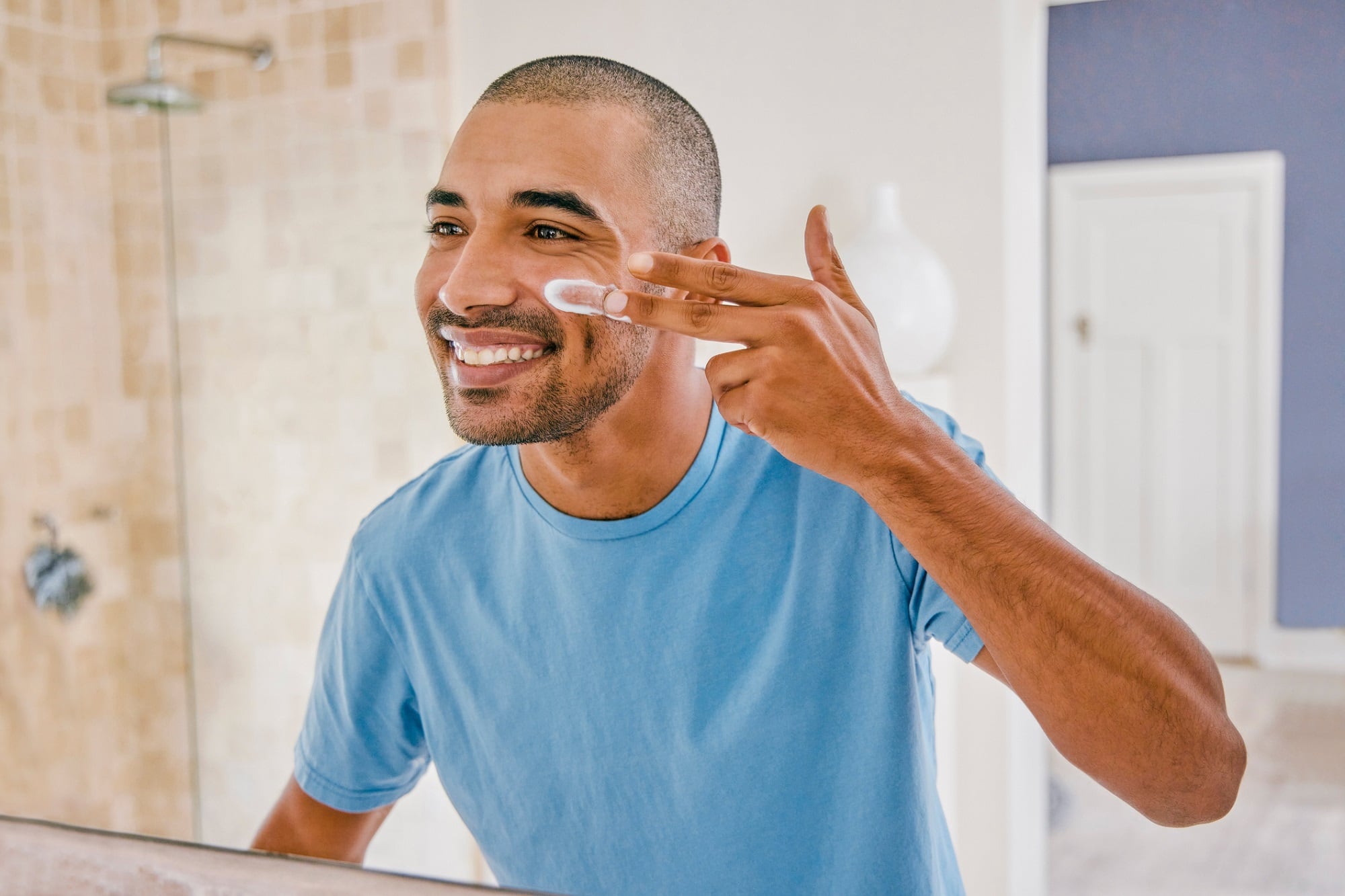In recent years, the male skin care market in the US has witnessed significant growth, marked by a notable 68% increase in facial skin care usage among men from 2022 to 2024, according to market research firm Mintel. This surge is fueled by shifting cultural norms, an evolving perception of masculinity, and a growing awareness of skin care benefits.
As younger generations, particularly Gen Z, embrace self-care and personalized skin care routines, the industry is responding with innovative products and marketing strategies. We spoke to Carson Kitzmiller, Senior Analyst in Beauty & Personal Care at Mintel to explore the driving forces behind these trends and discuss how cosmetics and personal care product manufacturers can capitalize on the burgeoning male skin care market.
CDU: What do you think are the primary reasons behind the 68% increase in facial skin care usage among US men from 2022 to 2024?
Carson Kitzmiller (CK): I think this can be attributed to several factors. These include a cultural shift towards inclusive grooming, increased availability of male-specific skin care products, social media, and an evolving concept of masculinity that embraces self-care.
Furthermore, more men have become aware of skin care benefits, and there's an increased focus on holistic approaches to grooming. Indeed, the water level among all consumers, both male and female, continues to rise as it relates to facial skin care engagement, and men are now more apt to incorporate these formats to benefit their appearance and skin health.
CDU: What specific factors are driving Gen Z men to use facial skin care products at higher rates compared to other age groups?
CK: Gen Z and Millennial men are increasingly turning to specialized facial skin care products tailored to meet specific skin objectives. These younger demographics are actively seeking out skin care solutions designed to moisturize, soothe, combat acne, and enhance mood, illustrating a trend where skin care serves both practical purposes and contributes to overall wellness.
Additionally, the wider availability of specialized sub-categories compared to years past may be influential in their above-average usage compared to older generations.
Further, Gen Z men are more open-minded and less stigmatized towards using skin care, making it a normalized part of their daily routine; we even see teen boys (Gen Alpha) engaging with the category, signaling that higher usage among the male demographic will likely continue.
Engaging in communal conversations and encouraging peer recommendations can significantly impact younger men–particularly Gen Alphas, as these discussions are closely linked to their identity.
CDU: What can companies do to cater to the growing male skin care market?
CK: Much like the overall skin care market, speaking to personalized skin concerns and solutions is key. While dry skin/oily skin are some of the most commonly reported skin concerns among men, younger men aged 18-34 report above-average concerns of facial acne, skin redness, and hyperpigmentation.
This showcases that men are taking the time to understand their skin and are looking for products that go beyond superficial claims but rather are interested in personalized support.
Also, we see that male skin care users are more engaged across the entirety of the grooming routine, with male facial skin care users reporting higher usage of hair conditioning, hair styling, and hand/body lotion products compared to non-skin care users. This shows that companies can capitalize on this trend by expanding their product offerings beyond just facial skin care, using 'skinified' ingredients, claims, and solutions across total rituals.
To play in the growing male skin care market, elevating products through efficacious claims and ingredients, not just superficial positioning (eg 'just for men' or multifunctional product) may entice use, purchase, and loyalty.
CDU: Can you provide examples of brands that are currently excelling in the male skin care market, particularly in the clean beauty segment?
CK: From a mass market perspective, we see Dove Men+Care and Method Men continuing to see sales increase year-over-year. Brand trust, recognition, and accessibility are all at play here, and these brands, even among their wide range of products, have ingredient-first messaging and segmented lines for different concerns/claims on-pack.
We're also seeing non-gendered brands/lines having success among men, particularly younger men - think The Ordinary, CeraVe, and Bubble Skincare. We expect gender-inclusive lines to continue to have success.
CDU: Can you elaborate on the types of premium products Gen Z men are gravitating towards, and why?
CK: Actually, if we look at men aged 18-34, we see above-average (of total male personal care users) premium purchasing of body cleansing, facial moisturizers, deodorants, shampoos, and hand/body lotions. The top reasons for going premium over mass among this demographic are "clean" ingredient inclusions, followed by overall brand trust, time-saving attributes, luxury brand perceptions, and visually-appealing packaging.
This speaks to this group's affinity for clean positioning as well as aligning with elevated/premium brands as a part of their overall identity.
CDU: What are some common ingredient concerns that have led 60% of men aged 18-34 to stop using certain BPC products?
CK: The most common ingredient concerns are ‘safe for sensitive skin’ concerns, allergens, lack of transparency in ingredient sourcing, and safety of ingredients. Men within this age group are increasingly conscious of the ingredients in their personal care products and opt for cleaner, more natural formulations, denoted by their top premium purchase influencer of "clean" ingredients.
This showcases this demographic's focus on safety and health, underscoring the importance of driving trust among this discerning group.
CDU: What opportunities do these trends present for cosmetics and personal care product manufacturers and suppliers?
CK: These trends present opportunities for cosmetics and personal care product manufacturers and suppliers to innovate with clean beauty formulations, personalized products, and next-level packaging (eg sustainable, eco-friendly, visually appealing). They can cater to the evolving needs of male consumers by providing products that prioritize ingredient transparency, efficacy, and overall wellness benefits.
CDU: What role do social media and influencers play in shaping the skin care routines of younger men?
CK: Social media and influencers significantly shape the skin care routines of younger men. Over two-thirds of Gen Z and Millennial male personal care users say social media has influenced them to prioritize grooming more so compared to a year ago.
While female-led content dominates social media channels, men should not be overlooked, as many turn to social platforms to find products, research ingredients, and engage with a community.
CDU: What trends do you anticipate will dominate the male skin care market in the next few years?
CK: We may see a rise in gender-neutral and inclusive skin care marketing and product offerings, as the concept of masculinity continues to evolve. Social media and influencer influence will also continue to shape the male skin care market, with a focus on authenticity and relatability.
We are starting to see celebrity grooming brands like The Shop (Lebron James) and Papatui (Dwayne "The Rock" Johnson) leading a cultural shift towards inclusive, expressive, and holistic approaches to grooming, empowering users by permitting them to explore and express their identities, all while reshaping social notions of traditional masculinity. I think we'll continue to see brands leaning into this.
Personalization will continue to dominate as men look for "customized" offerings based on their skin concerns, conditions, and needs. Like the greater skin care market, a focus on transparency and proof of efficacy and claims will be a widespread theme.
Brands must support their claims with data, scientific studies, and professional recommendations (eg doctors, dermatologists) to substantiate claims and build trust.
I also think we'll see younger men experimenting even further with new beauty and personal care segments that have not been as focal. For example, we've seen advanced hair loss solutions take the spotlight for younger men (not just older men!) with many DTC and RX brands (Keeps, Curology, hims, HairStim, Happy Head, Nutrafol men) marketing towards younger groups.
CDU: How can brands stay ahead of these trends and continue to meet the evolving needs of male consumers?
CK: It's all about living and being where these consumers are, and right now, younger men are on social media, too. Staying abreast of changing societal norms, listening to consumer and communal conversations in the digital sphere, and tailoring products to personalized concerns will be key.
CDU: In what ways do you think the male skin care industry will continue to evolve in the future?
CK: Like the macro skin care market, the male skin care industry is expected to continue growing as more men embrace grooming and self-care. We may see a rise in personalized skin care options, with advancements in technology allowing for customization based on individual skin needs.
I think we'll continue to see launches focused on ingredient-led messaging, and particularly "clean" formulations; over four in ten male consumers who use premium personal care products say "clean" ingredients influence them in choosing premium products over mass products.





